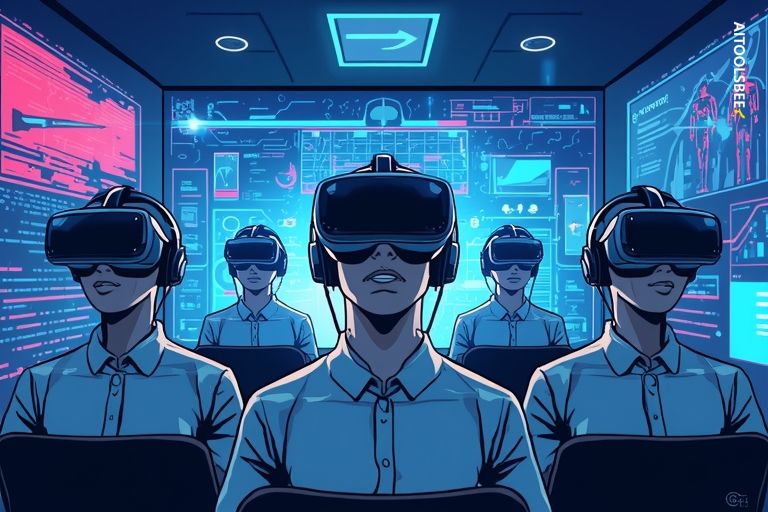
NJIT Enhances VR Tech for Cancer Emergency Preparedness
NJIT's Erin Truesdell is advancing virtual reality technology to aid cancer patients and caregivers in preparing for complications from fevers. This initiative focuses on developing user interaction technology to address potential emergencies.
Truesdell tackles the technical challenges of enabling multiple users to interact in virtual reality simultaneously. Her previous collaborations with Drexel University and Yale University School of Medicine involved VR gaming and pediatric cancer specialists, leading to her current work on simulations that help patients understand medical emergencies.
A common emergency for blood cancer patients, aged 13-39, is febrile neutropenia, characterized by low white blood cell counts and high fever. This condition can lead to sepsis, causing organ damage or death due to an overproduction of infection-fighting germs.
Doctors, scientists, and software developers from three universities, along with New York's Glimpse Group, are creating a VR environment to educate patients on identifying and responding to febrile neutropenia. The project is supported by a nearly $400,000 NIH grant.
Truesdell emphasizes the use of VR for knowledge retention, noting its effectiveness in procedural skills training. The goal is to apply this to patient education, leveraging VR's immersive capabilities.
The project also addresses technical aspects, such as enabling multiple headsets to function in the same space without physical collisions. Truesdell's role includes finding efficient solutions for multiuser interactions and considering spatial design and audio management.
Additionally, Truesdell plans to involve students from NJIT's computing and architecture colleges to build digital 3D models of healthcare and household items. Success in this project could extend the approach to other healthcare scenarios.

